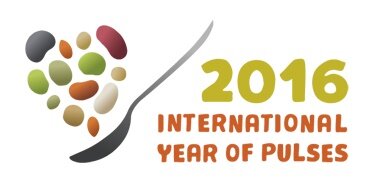In focus
06 Nov 2015 
The Ambassadorial Working Group would like to express concern about recent developments related to the Georgian media in general and to the case of Rustavi-2 TV in particular.
As Georgia has committed itself to strengthening the respect for democratic principles of the rule of law and good governance, human rights and fundamental freedoms, including media freedom, as well as to reinforce independence and professionalism of the media, we are confident that the appropriate environment will be ensured by the State.
The Ambassadorial Working Group calls for a peaceful dialogue in resolving the ongoing Rustavi-2 ownership dispute to ensure the adherence to a fair legal process that is free from any political influence.
We affirm the importance of upholding the democratic standards of media freedom and political pluralism in line with Georgia’s constitution and international commitments.
Continue Reading...
23 Oct 2015 
National flags are a mark of pride and patriotism in every country around the world. But there is only one flag that belongs to all of us.
That blue flag of the United Nations was a banner of hope for me growing up in wartime Korea.
Seven decades after its founding, the United Nations remains a beacon for all humanity.
Every day, the United Nations feeds the hungry and shelters those driven from their homes.
The United Nations vaccinates children who would otherwise die from preventable diseases.
The United Nations defends human rights for all, regardless of race, religion, nationality, gender or sexual orientation.
Our peacekeepers are on the frontlines of conflict; our mediators bring warriors to the peace table; our relief workers brave treacherous environments to deliver life-saving assistance.
The United Nations works for the entire human family of seven billion people, and cares for the earth, our one and only home.
Continue Reading...
16 Sep 2015 
On 25-27 September, over 160 Heads of State and Government will gather at the UN Sustainable Development Summit in New York for the adoption of the new sustainable development agenda. This bold and ambitious agenda aims to end poverty and promote prosperity and people's well-being while protecting the environment over the next 15 years.
The summit outcome document, entitled “Transforming our World: The 2030 Agenda for Sustainable Development,” was agreed on by the 193 Member States of the United Nations, and includes 17 Sustainable Development Goals.
Continue Reading...
17 Jul 2015 
The Secretary-General takes note of the recent events at the line of control of South Ossetia. He expresses his concerns regarding activities that may negatively impact the freedom of movement and livelihood of the local population. He calls on all parties to refrain from any steps that could be seen as provocative and detrimental to ongoing efforts to promote regional peace and stability.
The Secretary-General urges all parties to use established mechanisms such as the Geneva International Discussions (GID) and the Incident Prevention and Response Mechanism (IPRM) to address issues of concern and to diffuse tensions.
New York, 16 July 2015
Continue Reading...
11 Jul 2015 
A recent United Nations report warns that the number of forcibly displaced people has risen to a record number – almost 60 million at the end of 2014. Among these, most women and adolescent girls face particular threats as a result of the absence of health and other essential services that they need.
Even under normal conditions, reproductive health complications are a leading cause of death and illness among women of childbearing age. In humanitarian situations, an estimated one in five women and adolescent girls are likely to be pregnant. As skilled birth attendance and emergency obstetric care often become unavailable, pregnant women’s and girls’ vulnerability to death and injury is further exacerbated.
Women and adolescent girls also face much greater risk of abuse, sexual exploitation, violence and forced marriage during conflicts and natural disasters. In addition, many women who survive a crisis become heads of household, with the sole responsibility of caring for their children. They often have to overcome immense obstacles to provide health and care for children, the sick, the injured and the elderly, and bear the heaviest burden of relief and reconstruction. As a result, they may neglect their own needs as they care for others.
The complex emergencies we are responding to include protracted conflicts, made worse by poor or failed governance, the consequences of climate change, and the engagement of extremist groups claiming territory, resources and power.
That is why the theme of this World Population Day, “Vulnerable Populations in Emergencies”, is intended to highlight the special needs of women and adolescent girls during conflicts and humanitarian disasters.
Continue Reading...
03 Jun 2015 
The General Assembly on June 3 adopted, by a recorded vote, a resolution recognizing the right of return of all internally displaced persons and refugees and their descendants, regardless of ethnicity, to their homes throughout Georgia, during a session that drew unanimous action on four other texts.
By a vote of 75 in favour to 16 against, with 78 abstentions, the Assembly stressed the need to respect the property rights of all internally displaced persons and refugees affected by the conflicts in Georgia, including in Abkhazia and the Tskhinvali region/South Ossetia, and to refrain from obtaining property in violation of those rights. It reaffirmed the unacceptability of forced demographic changes, and called for unimpeded access for humanitarian activities.
Seeking consensus on the draft, the representative of Georgia stressed that the text was not aimed at any party nor did it point fingers at those responsible for the displacements. Rather, it was intended to affirm the rights of the displaced and the urgent need for action in that regard.
Continue Reading...
03 May 2015 
Let Journalism Thrive! This is the theme of World Press Freedom Day this year.
In 2015, States are accelerating to reach the Millennium Development Goals and shaping a new global sustainable development agenda. Freedom of expression and press freedom are essential to success at every level.
For peace to be lasting and development to be sustainable, human rights must be respected. Everyone must be free to seek, receive and impart knowledge and information on all media, online and offline. Quality journalism enables citizens to make informed decisions about their society’s development. It also works to expose injustice, corruption, and the abuse of power.
For this, journalism must be able to thrive, in an enabling environment in which they can work independently and without undue interference and in conditions of safety.
The world has recently witnessed horrendous attacks against journalists -- at least one journalist is killed each week, in conflict and non-conflict zones. We must redouble efforts to enhance the safety of journalists and put an end to impunity, and this is the goal of the UN Plan of Action on the Safety of Journalists and the Issue of Impunity, spearheaded by UNESCO and supported by other UN entities.
Continue Reading...



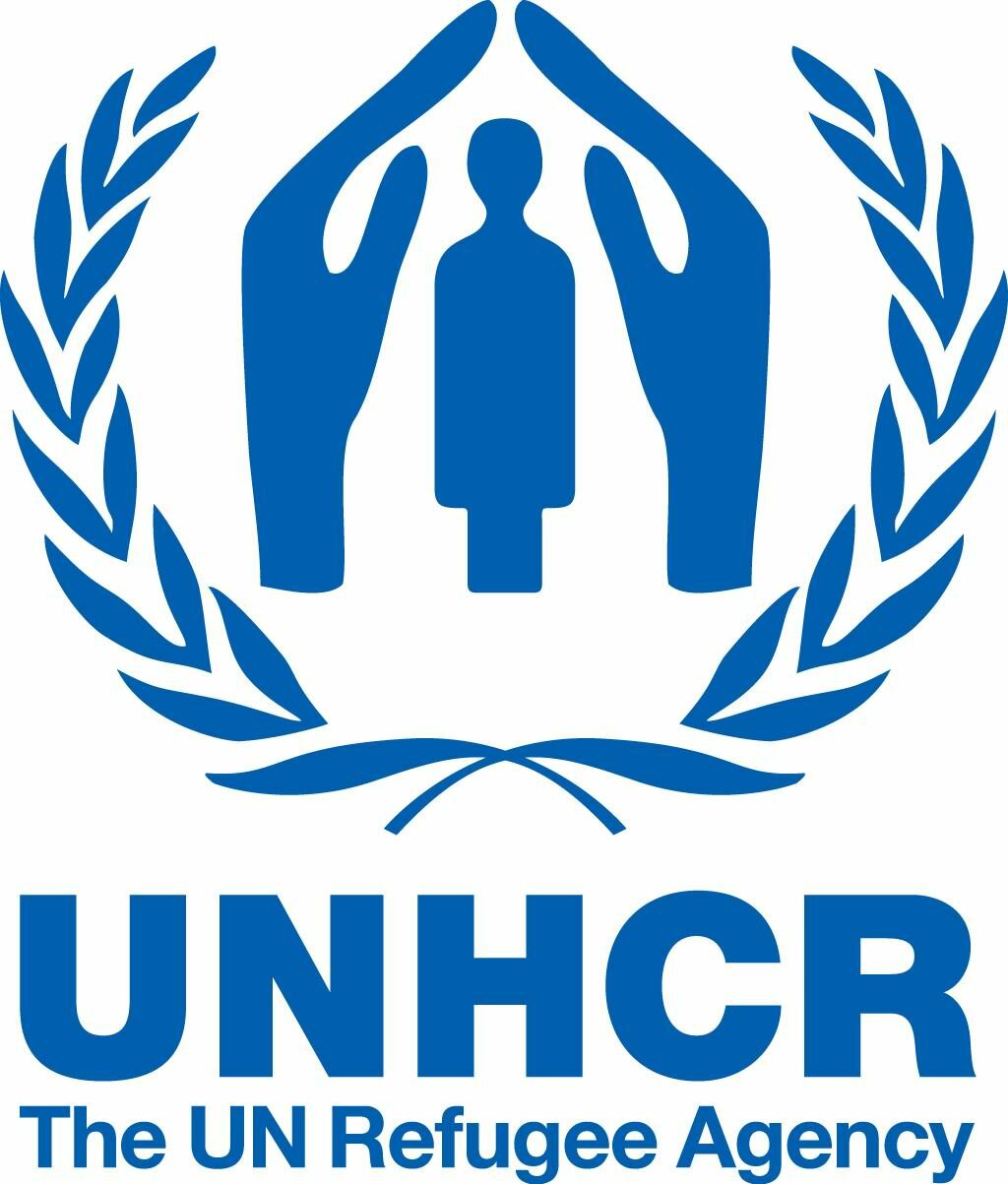
.jpg)

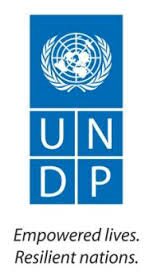
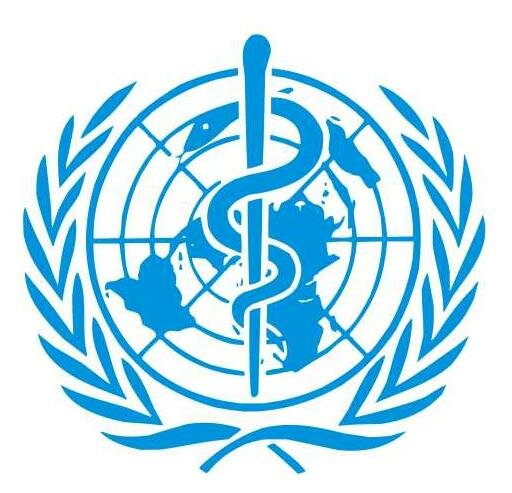

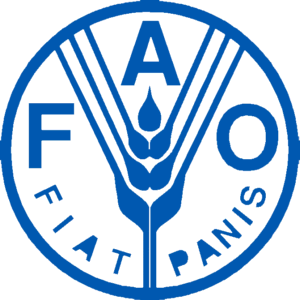
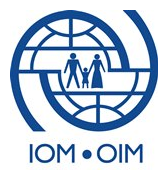
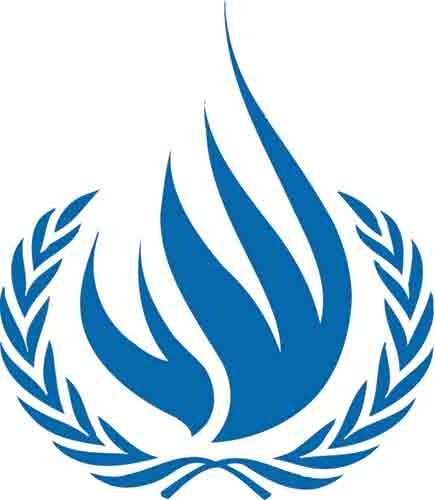
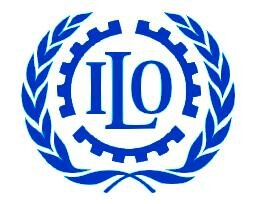
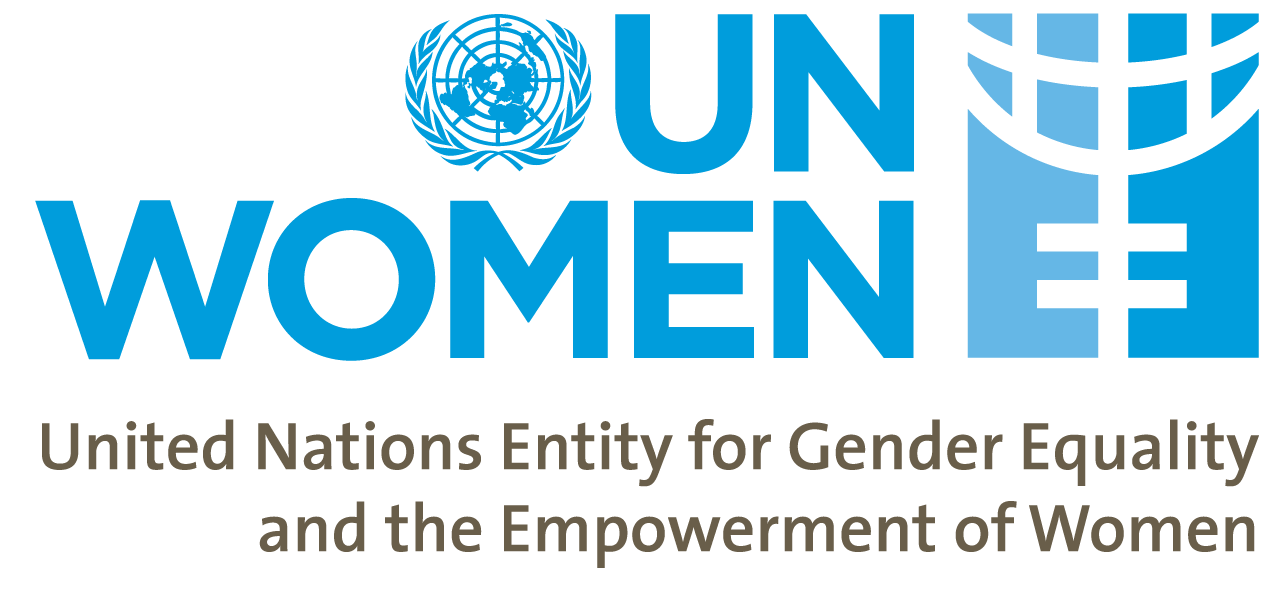
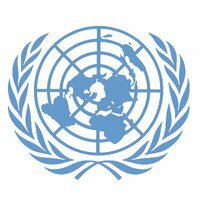










.jpg)

